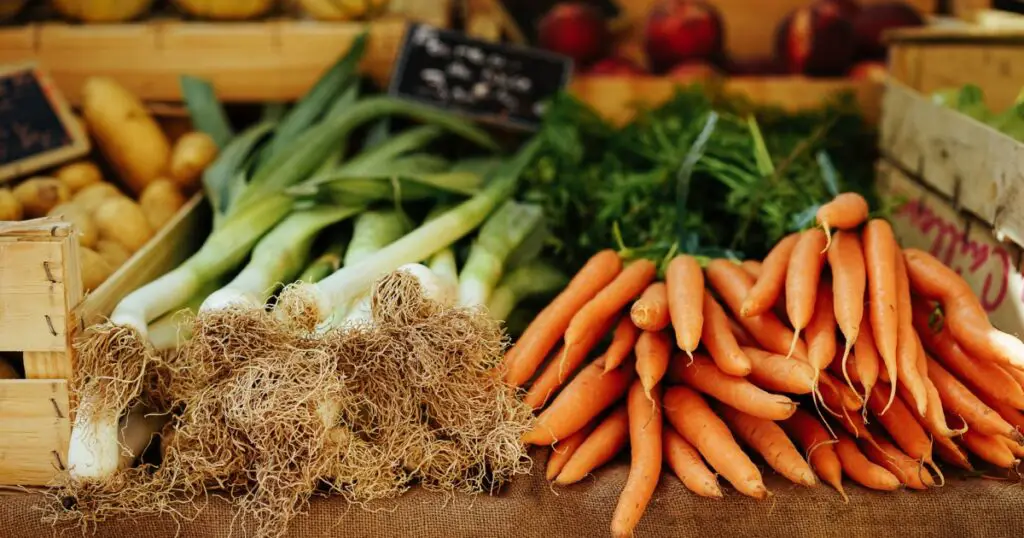- Kenyan youth are frequently asked to consider farming as a way of making a living
- Some agree while others rubbish the trade saying it is difficult
- Challenges facing farmers in Kenya include the high cost of farming inputs, cartels along the production chain and lack of sufficient land for farming commercially
Kenyan youth have been urged time and time again to turn to farming to make a living, amid high levels of unemployment. They are also frequently asked to use farming as a means of increasing the amount of food produced in the economy to aid food security.
For instance, youths in Elgeyo Marakwet were recently urged to engage in crop farming for economic purposes. Crop farming would also reduce their over reliance on livestock farming, which has contributed to banditry in the region.
A finding by the Food and Agriculture Organisation (FAO) explains that agriculture contributes 33% to the Kenyan economy, and another 27% indirectly through linkages with other sectors. Further, FAO notes that agriculture employs more than 40% of Kenya’s total population, and more than 70% of people in Kenya’s rural areas.
Farming for economic purposes is also one of the ways that have previously been recommended for easing overpopulation in urban areas, as youths flock there seeking jobs. By farming economically, youths could make a living in rural areas and stay there, instead of seeking employment opportunities in crowded cities such as Nairobi.
So what do youths living in Nairobi feel about returning to their rural homes to focus on farming for a living?
Wanja Kiragu, a resident of Nairobi told The Exchange Africa that she would not think of moving back upcountry to farm for a living. Wanja, who is originally from Murang’a County said that growing up she saw her parents do the same and it was hard to make ends meet.
“My parents were small scale farmers who used to grow coffee. That is how they made a living. From my experience it was really hard for them to make ends meet and be able to provide for us. Now that I am employed, even though as a casual worker, this is easier than growing coffee to sell commercially,” she said.
Wanja added that cartels in the production chain usually took home the largest chunk of her parents’ earnings, which repelled her from farming in its entirety.
“Despite being hard workers, I saw their struggles firsthand. Nothing would convince me otherwise,” she added.
Momanyi Eric said he would consider going back to his rural home in Kisii to farm as the region is famous for producing crops such as pyrethrum, coffee and tea. There is also bananas and maize. The Nairobi resident however noted that he does not have land of his own, and their family-owned land is not big enough for farming economically.
“I do not have the land. But if I did, I would not hesitate. I have seen others from my region do it and thrive. I would definitely try my hand at it,” he said.
Onesmus Musyoka, another Nairobi resident from Ukambani region said he has already started farming for economic purposes, but is yet to make enough money to move back home.
“I am farming legumes such as Ndengu as well as mangoes. Things are beginning to look up. My plans are to relocate to Ukambani with my family ones I start making the kind of sales that can sustain me and my family,” he said. He added that he was hoping that it would rain soon, so that his fortunes can turn around. Musyoka said the failed rains were really disrupting his desire of farming on a full time basis.
Their sentiments come days after the Central Bank of Kenya (CBK) released a survey that highlighted the status of the agriculture sector in Kenya, including factors affecting agricultural production.
Lack of market, cartels in production chain
In the Agriculture Sector Survey January 2023, CBK said that there several factors that affect the sector. These included lack of market for their produce, cartels in the chain of production, weather patterns, high prices of farm inputs and lack of funds for purchasing farm inputs.
Other factors were limited knowledge of managing farm inputs such as pesticides and herbicides and poor road networks to the farms.
The survey also views from farmers on how to improve agricultural production. Respondents recommended lowering of input and fuel prices followed by increasing subsidized fertilizer. They said this could be enhanced through automation of the fertilizer distribution process alongside the adoption of a last mile approach to devolve fertilizer to the wards, especially in rural areas.
As for irrigation, farmers recommended sinking of boreholes and construction of the pivot center irrigation method which they consider to be more effective in watering their farms.
“This would help supplement the ongoing government programs on the establishment of dams,” the survey noted.




